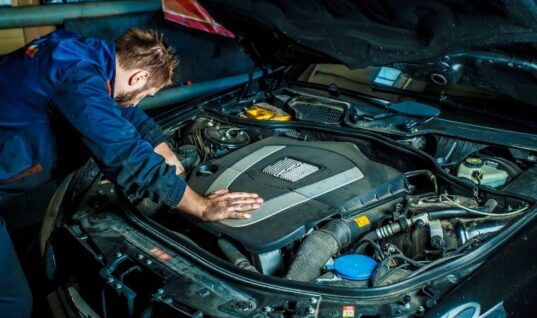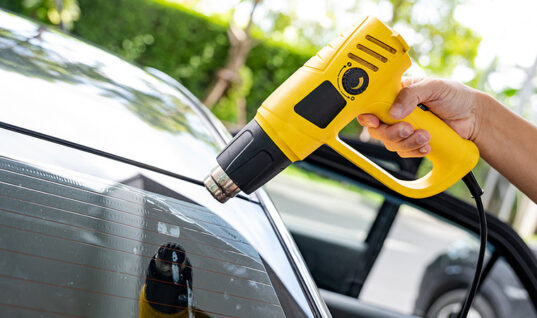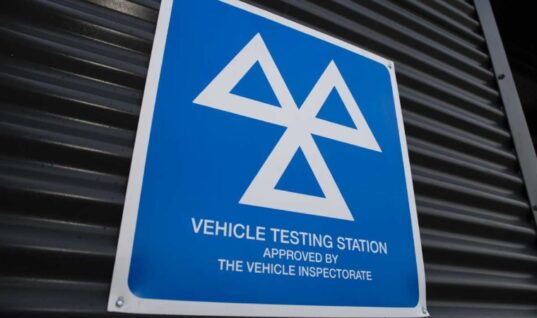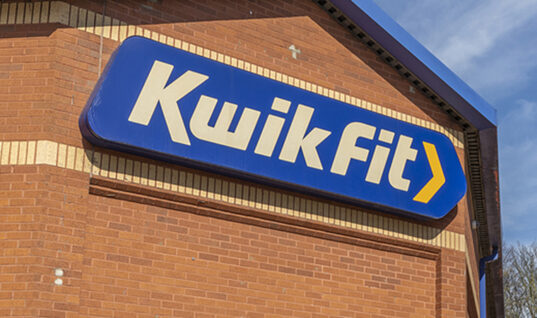Three out of eight brake pads fail to meet R90 standards, a DVSA market surveillance unit investigation has found.
Testing both performance and labelling in accordance with UNECE 90 Regulation, the DVSA recently tested eight different brands of aftermarket brake pads.
Using the registration number of the host vehicle for correct component selection, the compatible components were selected.
Each brake pad was then tested to R90 standards and associated performance requirements where there is a tolerance of +/- 15 percent of the OEM.
Related: Cost of pothole damage to vehicles rises by 35 per cent to £1.7bn over last year
In performance tests, three out of the eight brake pad brands were found to be non-compliant and failing to meet the performance requirements.
Further findings showed that approval documents for the three failed components were false, and that the component and associated packaging were incorrect as they displayed an approval number that was not valid for that particular application.
The three brands have been instructed to withdraw the brake pads from sale until the proper approvals have been granted and the relevant approval authority has also been notified of the incorrect use of their approval.
Related: Classic car owners oppose government’s new ‘anti-tampering’ proposals
Ian Bartlett, senior engineer, at the DVSA’s vehicle safety and market surveillance unit, said: “The findings from this work have proved that the current quality systems used by these producers and distributors have allowed the sale of incorrect brake pads.
“We will use this period to educate the market to ensure that corrective action can be taken to prevent further occurrence.”
Mark Field, IAAF chief executive, said: “It’s clear that more work needs to be done on re-educating parts of the market on the requirements of regulation R90, both for pads and discs, something which IAAF will look to support the market with in the coming months.
“It’s also evident from DVSA that every business in the supply chain – garages, motor factors, suppliers – has a responsibility to ensure the parts they sell and fit meet the regulations for which they were intended.”








Chris Angus
So which brands don’t meet the standards then??
Talbot Dixon
Name and Shame ! Absolutely no point in undertaking tests to produce an article on a critical component and not name the brands that fail to reach the standards !
Paul Michell
So why not name & shame these brands? I have seen firsthand the rigourous testing of brake materiels and the R90 standards already give a large margin of variation from OEM, so brands that cannot supply within these legal parameters should be named as a matter of urgency, not buried away.
Braking from 40MPH means that within R90 there is a two car length variation in performance! So what do these failing brands present as a a risk?
Andy
Its all very well telling us this, but which brands?
We as a trade shoud be told this so we can be given the chance to replace the faulty ones, to protect our customers!!
Mike Sparkes
tell which one they are to make sure we don’t buy them again
Adrian
Name and shame I don’t want to fit unsafe brakes it’s my job to fit quality
Alan Thomas
As a former brake tester for London Transport, consultant to Volvo, and R&D manager at Jaguar on chassis technology, not only do I think that DVSA and Trading Standards should be naming the brands, they should be well on the way to ordering a recall.
M WALSH
Glad to hear that DVSA have taken it upon themselves to carry out this investigation, as with brakes safety is paramount, the one problem here is that none of the named brands that have been tested are shown in this report, so we Technicians have no idea what we are fitting as to whether they have or have not passed or failed.
Lorraine
Aftermarket parts are used on a daily basis so it would be good to know which brands are to be avoided. How can we be expected to make sure our customers vehicles are safe without getting the information needed
M
As the information published by the DVSA is as useful as a chocolate teapot perhaps we should assume that all the aftermarket brands are suspect ? Would any of the aftermarket brands stand up and say their product failed to meet the required standard ? Today I fitted a set of discs and pads to a young woman’s car who has just had a baby are the Mintex pads on the list ? She is driving upto Sheffield tomorrow with her precious cargo in the back. Should I have gone to the main dealer for the parts. ? DVSA needs a kick up the A….
Peter Fearnley
DVSA Use those teeth don’t just show them name the brands
Dom Collins
Why not name the brands?! Surely we should have access to this report to make an informed decision on such a critical safety component?!
andy
This is like the annual DVSA MOT exam, if you get 85% you pass but they don’t let you know what the 15% is you answered incorrectly.
!5% of the judgements you make when testing may be wrong ongoing.
I just don’t get how Government stuff works.Is near enough good enough.